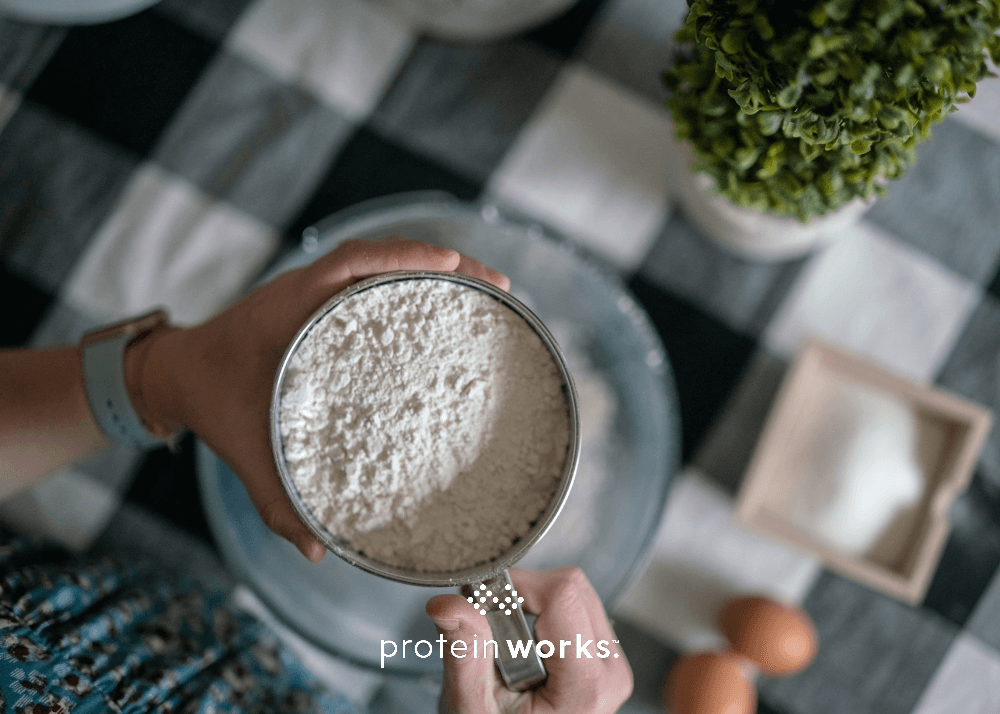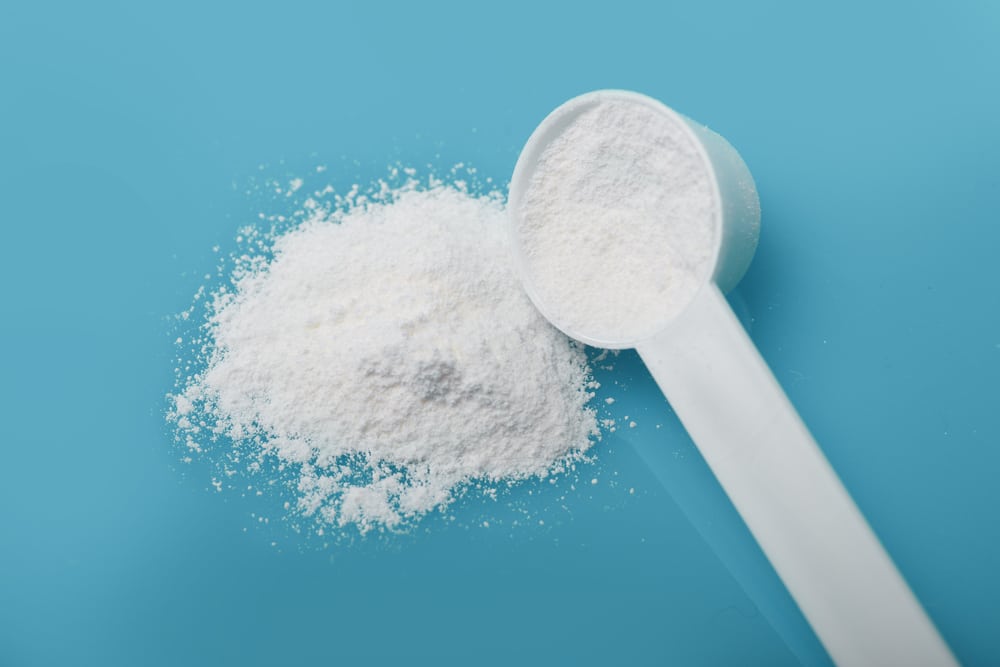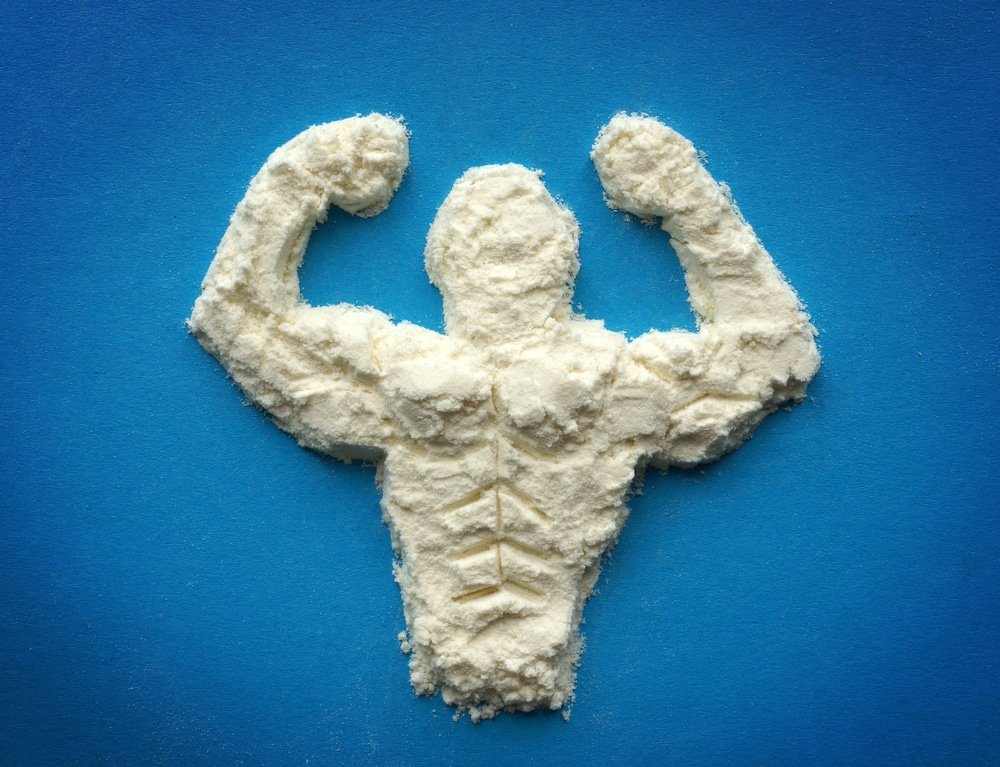
Glutamine And Muscle Growth
Glutamine supplementation is a controversial topic amongst researchers. There have been many research studies undertaken on Glutamine. The human body is capable of producing Glutamine itself, however, it becomes unable to do so whilst under stress (such as during intense exercise). During intense exercise Cortisol – a muscle-wasting, fat storing hormone – is produced. Supplementing with Glutamine can help prevent the body from going into a Catabolic State (excessive levels of Cortisol within the body), which is detrimental to post-exercise recovery. For those who participate in regular, intense exercise and those looking to promote muscle growth it would seem logical to include Glutamine supplementation, particularly within the post-workout recovery period.
Glutamine and Catabolism

If the aim of exercise is to improve performance and/or muscle size the body must be in an Anabolic State to recover appropriately from training and to build and maintain muscle. This means that appropriate nutrition and supplementation, such as with Glutamine, are key to all health goals.
Glutamine and Anabolism
Anabolism is the term used to describe the conditions needed for the body to build muscle. To allow the body to enter this state, sufficient nutrients such as Glutamine must be absorbed to cope with the requests placed upon it. During intense bouts of exercise the requirements to achieve this state are significantly increased. It helps lean muscle tissue grow and the body to maintain a healthy balance. In simple terms, the better the muscle building environment in the body – the better the body is equipped for recovery and muscle growth and the more efficient it becomes.
Glutamine and Post-Exercise Recovery
Research suggests that Glutamine promotes anabolism and increases the rate of protein synthesis. Glutamine has also been demonstrated to play a fundamental role in protein metabolism, cell volumisation and in the prevention of the Catabolic State. Although, when taking into account all the literature available the findings are not conclusive, Glutamine has been demonstrated to provide such a wide-variety of benefits – personal experience of supplementation may be the best way to achieve a satisfactory conclusion. Glutamine supplementation may be particularly effective for those who are following a restrictive diet.
Glutamine Summary
- Glutamine is necessary to avoid Catabolism.
- Glutamine promotes Anabolism.
- Glutamine has been demonstrated to increase post-exercise recovery.
- Glutamine has been shown to boost the immune system and growth hormone production.
- Take 10-15 grams of Glutamine Powder per day, spread over 2-3 doses, particularly in the post-workout period.






No Comments yet!